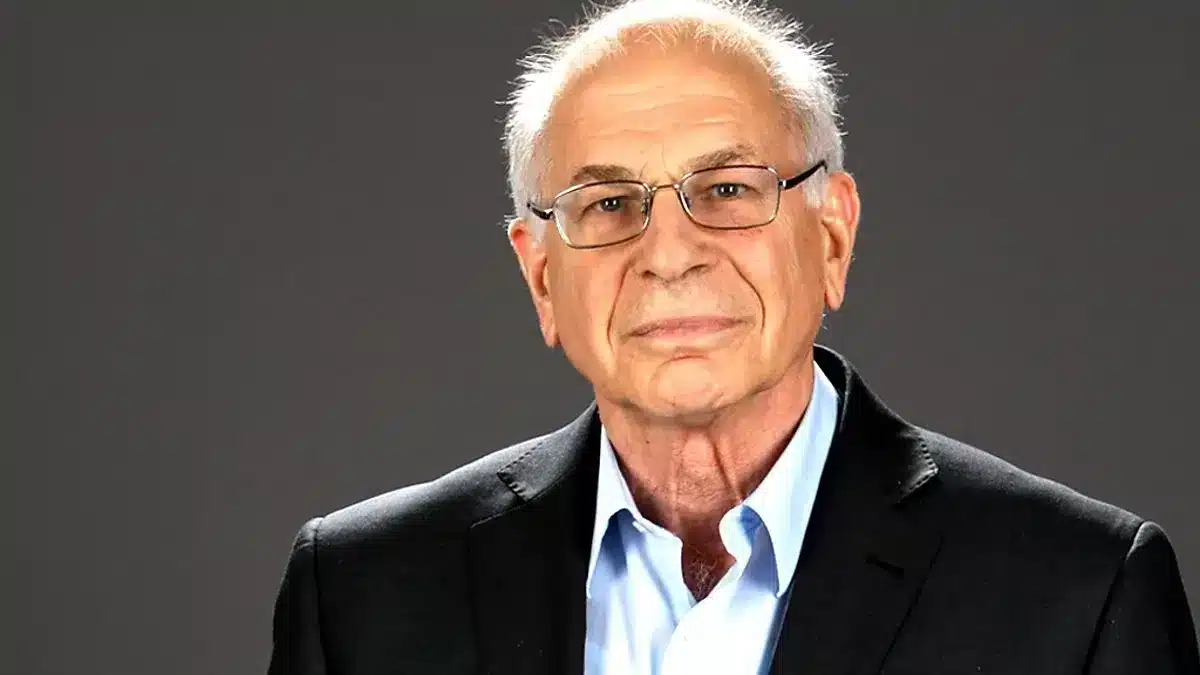Daniel Kahneman, the Nobel Prize winner, dies aged 90

Daniel Kahneman, who won the Nobel Prize for his pioneering theories on behavioural economics, has died. He was 90. He won the Nobel Memorial Prize in Economic Sciences in 2002, for his work on behavioural economics. He has received numerous honours and awards for his contributions to psychology and economics, including the Presidential Medal of Freedom in 2013.
Life and Career
He was born on 5 March 1934, in Israel. In 1954, he got his Bachelor of Science from Hebrew University, with a major in psychology and a minor in math. Born in Tel Aviv, Israel, Kahneman spent his childhood years in Paris. His parents were Lithuanian Jews who had emigrated to France. During World War II, his family was in Paris when it was occupied by Nazi Germany.
He went to the University of California, Berkeley to get his Ph.D. in 1958. His 1961 dissertation, advised by Susan Ervin, examined relationships between adjectives in the semantic differential. He used FORTRAN to analyze complex correlational structures, two of his favorite things.
After completing his Ph.D., he worked as a research psychologist at the Israel Defense Forces, where he developed the foundations for his work on decision-making and cognitive biases. He later served as a professor of psychology at Hebrew University and the University of British Columbia.
In 1961, he started his academic career as a psychology lecturer at the Hebrew University of Jerusalem. In 1966, he became a senior lecturer.
He is best known for his work with Amos Tversky on the psychology of judgment and decision-making, which challenged the rational economic model of decision-making and introduced the concept of cognitive biases.
Kahneman has also made significant contributions to the study of happiness and well-being, showing that people’s subjective experiences of happiness are influenced by factors such as the duration of positive and negative events, the intensity of emotions, and the tendency to compare one’s circumstances to others.
He has authored or co-authored several books, including “Thinking, Fast and Slow,” which presents his research on decision-making and the two different modes of thinking that people use: fast, intuitive thinking, and slow, deliberate thinking.
Observer Voice is the one stop site for National, International news, Sports, Editor’s Choice, Art/culture contents, Quotes and much more. We also cover historical contents. Historical contents includes World History, Indian History, and what happened today. The website also covers Entertainment across the India and World.

